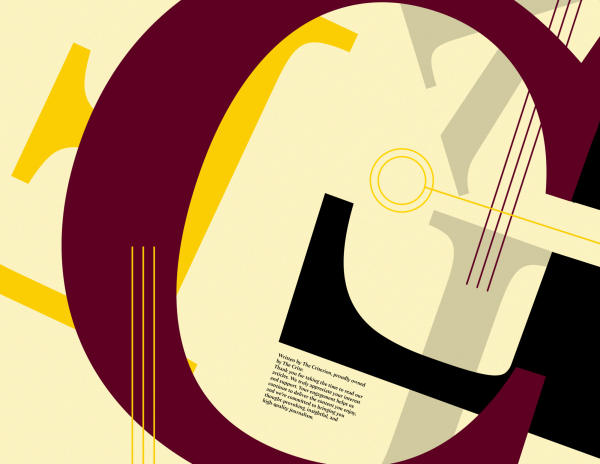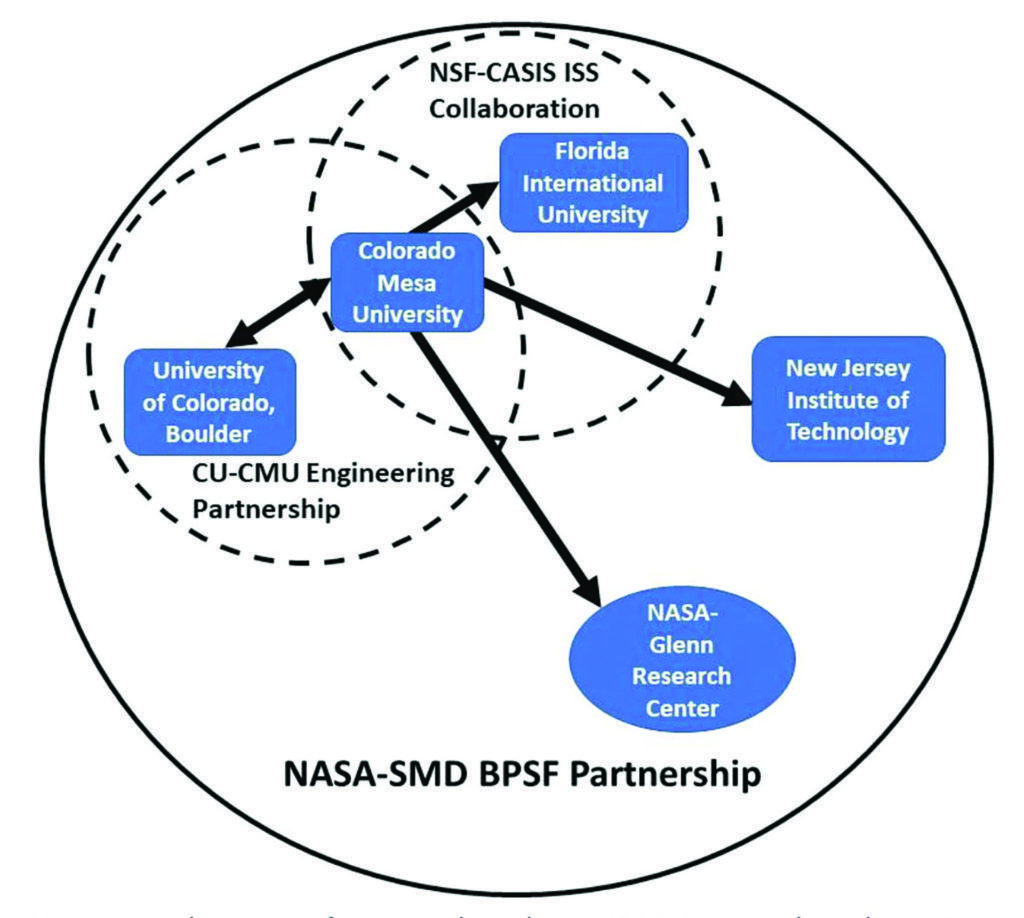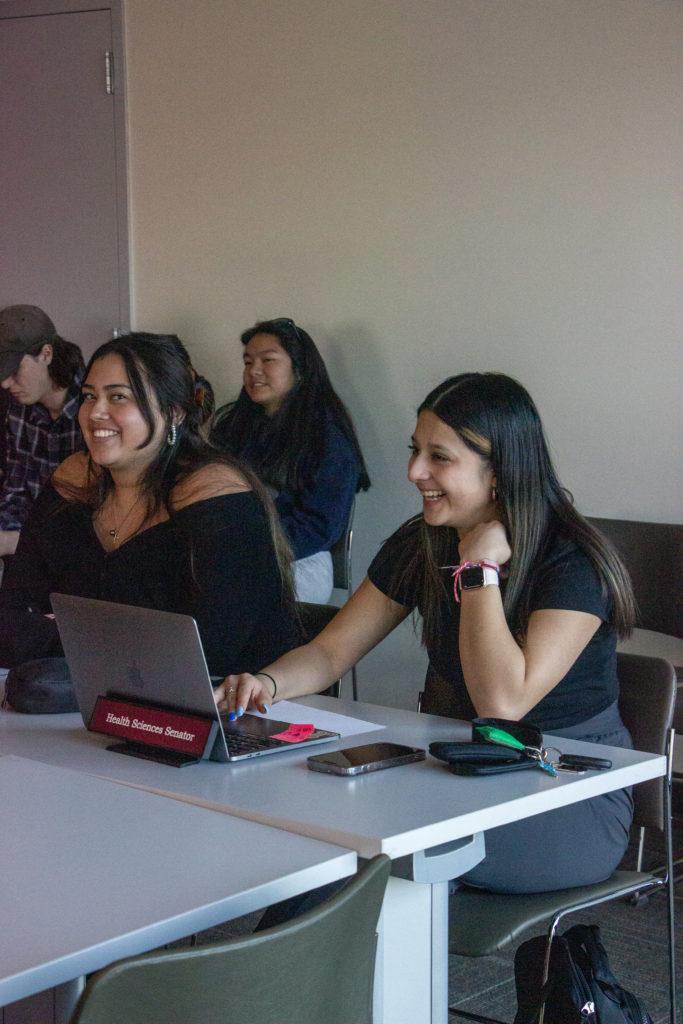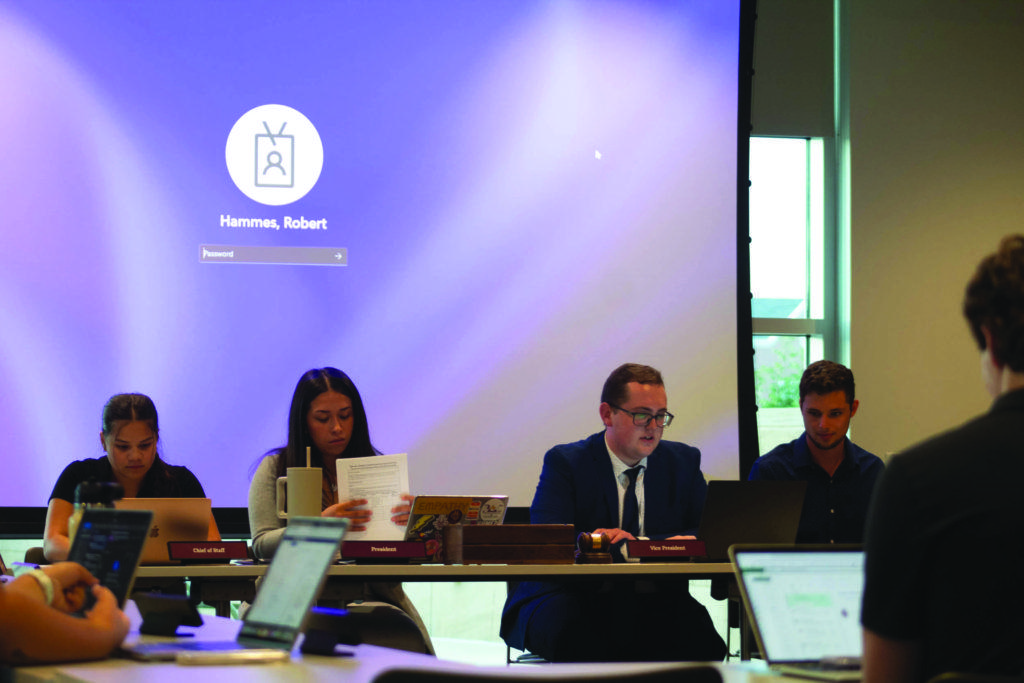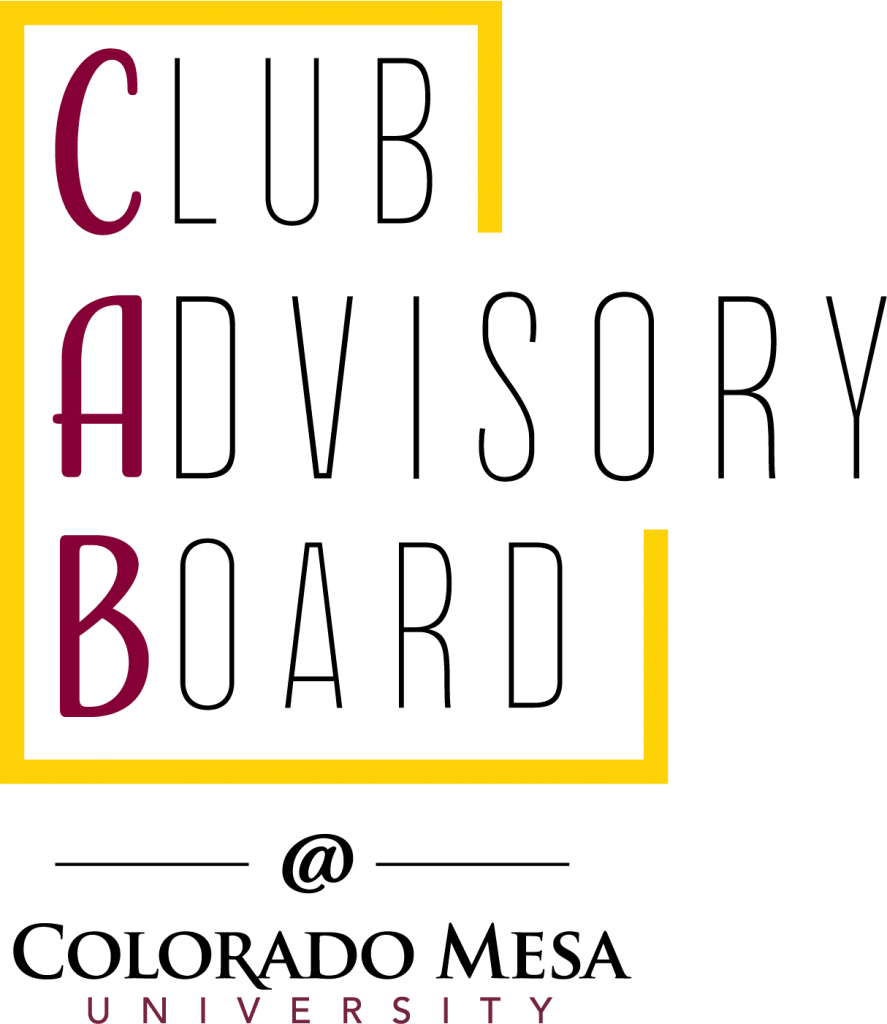Every two years, the Associated Student Government (ASG) and the Colorado Mesa University (CMU) Board of Trustees work together in order to revise the school’s student organization budget, consequently adjusting student fees as necessary.
This year’s Biennial brought significant changes to many of CMU’s organization budgets, with an ASG-controlled increase of $2 and an overall increase of $5.20 per credit hour with administrative fees.
The Biennial process involves 20 of CMU’s student organizations submitting their proposed budgets to ASG’s House of Representatives, where the House decides if the budget requests are feasible and beneficial to the organizations in question. One of their biggest concerns is the way student fees are being used by the organizations.
“My view is that they are [the students’] fees. The moment that I have to get involved and start telling you all what to do, it’s not really student government anymore, it’s administration government. It’s not what it was intended to be. So, I feel strongly that students have the talents and capacity and leadership skills to do this work,” CMU President John Marshall said.
ASG Student Trustee Evan Piper highlighted the three biggest budget increases being granted to the Programming Activities Council (PAC), CMU Band and the Pantry.
The rise in funding for PAC is so that they can hire more well-known artists to perform for CMU concerts; the increase in funding towards CMU band is to allow all students participating in marching band to receive the $300 per year scholarship that previously only half of the musicians received.
Piper also explained the increase in funding for the on-campus food bank, the Pantry.
“The Pantry is a new [component of the] budget this Biennial. The current iteration of the Pantry is funded almost solely through grants, most of which are expiring between now and this summer. This will allow for food insecurity to continue being addressed campus-wide,” Piper said.
An interesting change highlighted in the budget resolution is a reroute of student fee money to aid the Little Mavs program. Little Mavs is an on-campus daycare for students and faculty with young children. According to Piper, rather than using student fee money to fund lunches for the kids enrolled in Little Mavs, the fee money will now subsidize costs for students’ children, directly decreasing the financial burden of the facility and those who use it.
The ASG proposed budget is currently waiting for approval by The Board of Trustees, who will review it, finalize the changes that have been made and approve the budget to be put into effect this upcoming fall. It will remain for the next two years.
The current timeline, according to past Biennials, indicates the Board of Trustees finalizing the proposed budget in May.
The numbers and information listed are from the ASG proposed budget and are subject to change based on the decisions the Board of Trustees makes. However, ASG’s proposed budget has rarely been altered or frowned upon by the Board. Marshall spoke on this accomplishment from former and past student government administrations.
“I cannot find an instance in 40-plus years where the trustees have not accepted the student recommendation for student fees and adopted it as–is. Think about that. 40-plus years, where students have said, ‘here’s what we think is the best arrangement for student fees,’ and the board says, ‘no changes, no edits, no vetoes,’” Marshall said.




